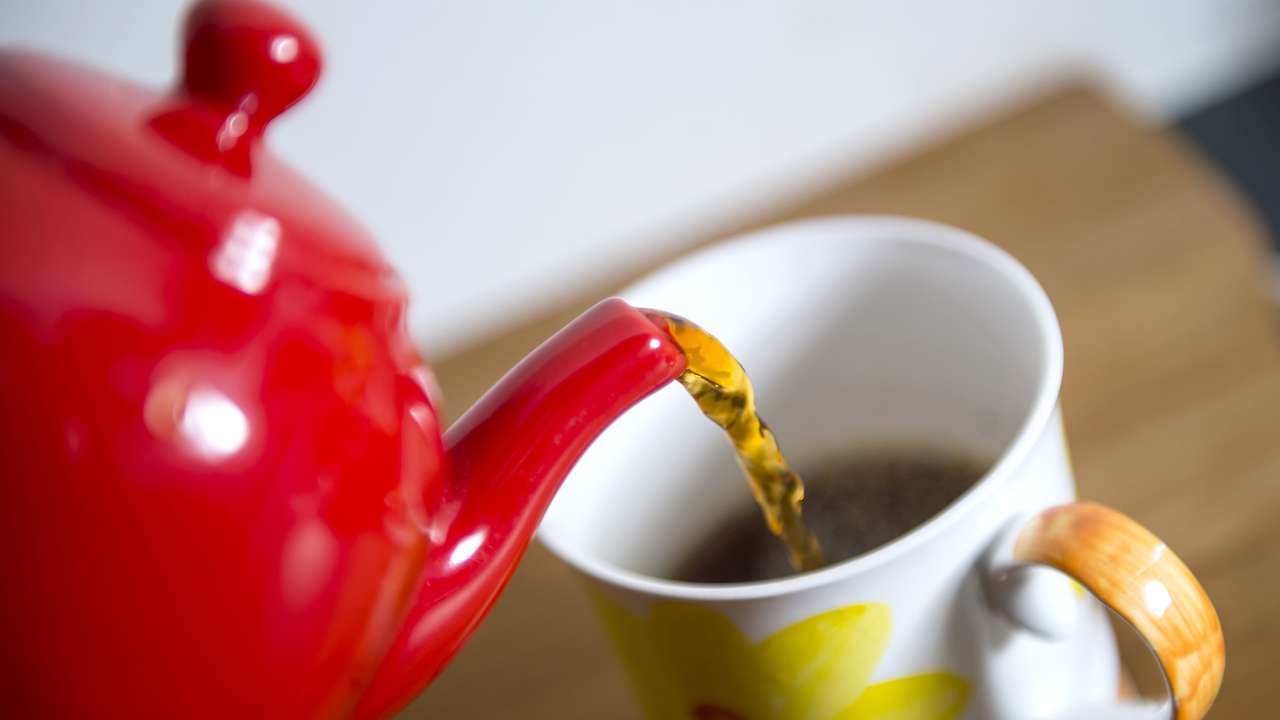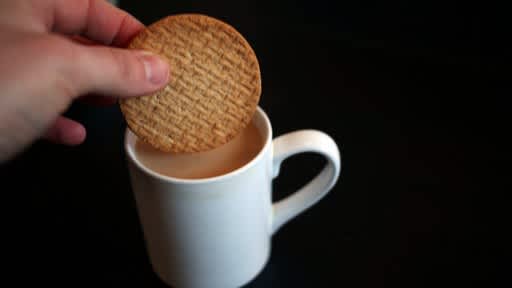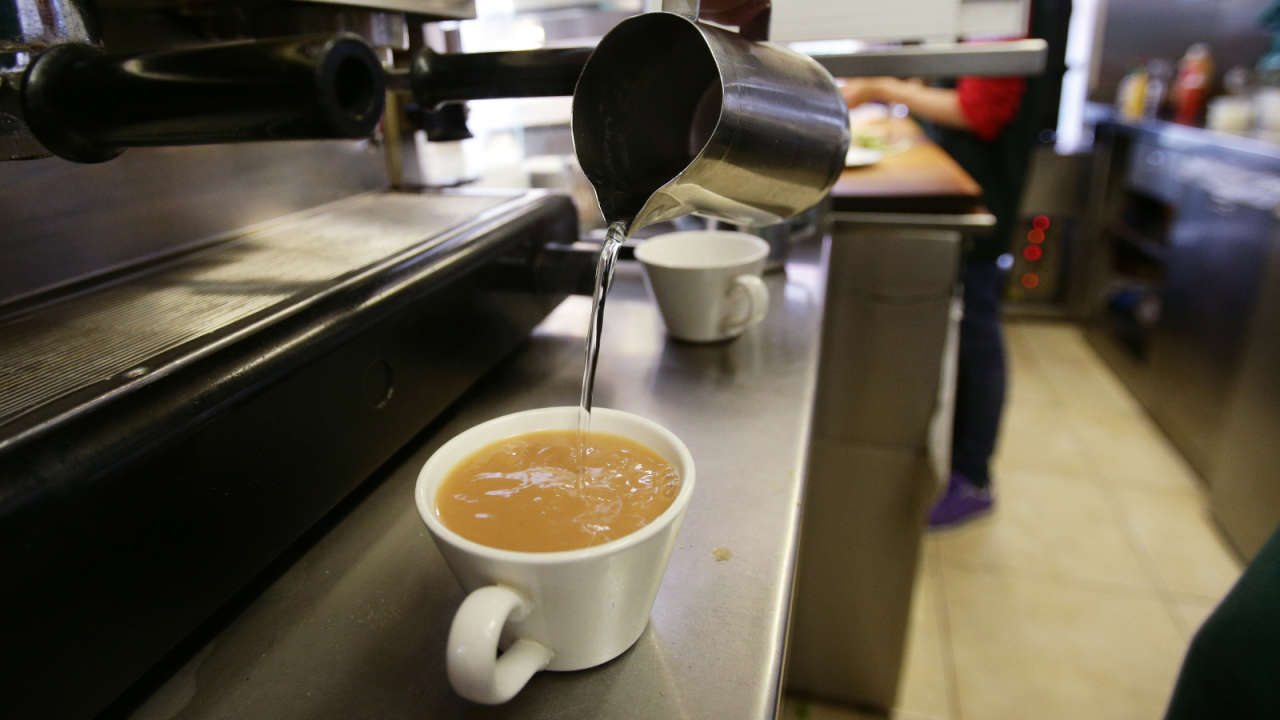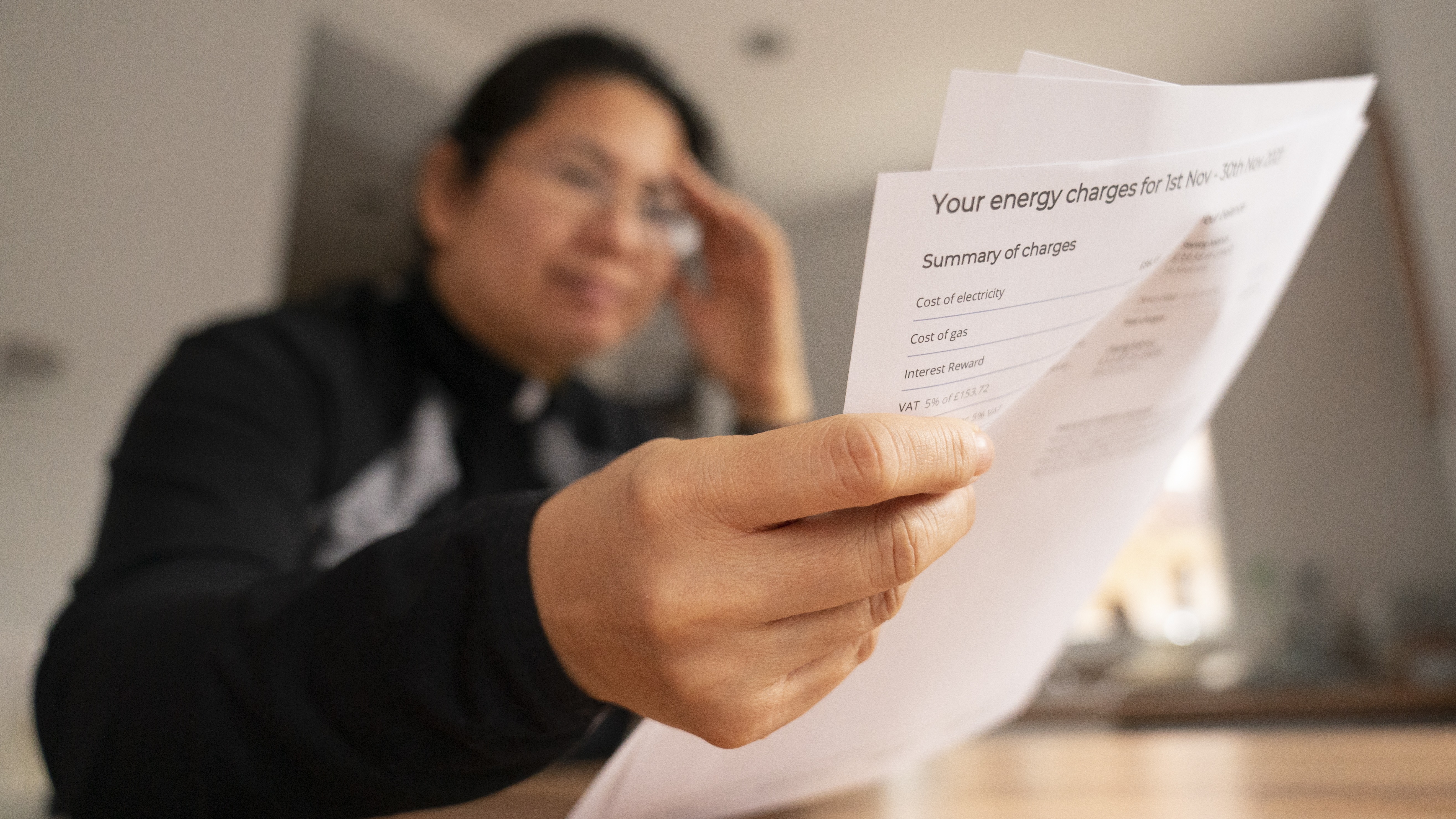An American scientist has claimed to have found the secret of making the perfect cup of tea – and it includes adding a pinch of salt.
Professor Michelle Francl, of Bryn Mawr College in Pennsylvania, conducted her own research, combining a search of existing studies and using her teapots at home to discover the chemical secrets of tea.
From her findings, she claims that people should use a “short and stout mug”, and opt for leaves over teabags.
In terms of the milk, she suggests tea drinkers use warm milk to “reduce the chance of curdling”.
Her most unusual suggestion though, is to add a pinch of salt to the brew to “reduce the bitterness”.

Speaking to ITV News, she said: “The perfect cup of tea is really made with loose tea leaves in hot water [boiling if you’re making black tea]. Pre warm the pot.
“Use a big tea basket or infuser, or better yet just put the tea leaves in naked into your pot.
“Agitate tea basket or stir the leaves [or if you’re making tea the way most people do with the teabag don’t get up and down]. Pour and enjoy.”
Dr Francl advises not to use the microwave to heat the water as she says it leads to the formation of something called tea scum.
She said: “It’s a white film that kind of floats on the top of your tea and a raft that contains magnesium ions as well as many of the compounds that lead to tea’s wonderful scent and taste as well as the healthy antioxidants.
“You can get rid of the tea scum by adding a little bit of lemon though.”
The pitch of salt is advice, she claims, that dates back to the eighth century – the chemistry research is much more recent.
She said: “It turns out that a tiny amount of salt, not enough to even taste, blocks the perception of bitterness.
“This is advice that seems to really surprise people, and it’s really about rescuing an over brewed cup of tea rather than something I routinely add to my tea or suggested anyone else routinely add to their tea.”
Dr Francl has unearthed 150 years of scientific endeavour on the topic of tea.
Her newly-published book “Steeped: The Chemistry of Tea” has been published by the Royal Society of Chemistry and includes tips on how to brew a better cup.

She said: “I spent about three years researching and writing the book.
“I read more than 500 papers from the chemical literature about the chemistry of tea, did a lot of my own experimentation.
“I’ve been a tea drinker all my life, and it’s been great fun to take a dive into my tea and see all the molecular madness happening there.”
Writing about the book on the society’s website, it reads: “Dive into a cup of tea with a chemist and discover the rich molecular brew that can be extracted from the leaves of the Camellia sinensis plant.
“Tea contains over a hundred different chemical compounds which contribute to its colour, taste and scent – and its stimulating effects.
“The best-known is caffeine, but how does caffeine end up in tea and how can you get it out?
“Beginning with the leaves, Steeped explores the chemistry behind different styles of tea, from green teas to pu-erh.
“It tackles the age-old question of when, or even whether, to add milk. And it puts the chemistry to use with advice on how to brew a better cup.”
Reports of Dr Francl’s study even prompted a light-hearted statement from the United States Embassy in London, which said it wanted to “ensure the good people of the UK that the unthinkable notion of adding salt to Britain’s national drink is not official United States policy”.
The statement added: “Let us unite in our steeped solidarity and show the world that when it comes to tea, we stand as one.
“The US Embassy will continue to make tea in the proper way – by microwaving it.”
Follow STV News on WhatsApp
Scan the QR code on your mobile device for all the latest news from around the country





























